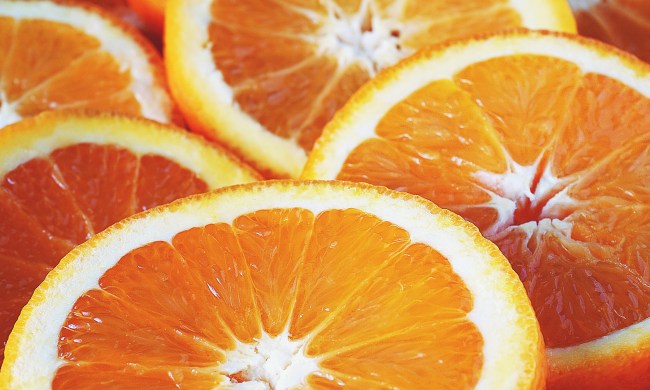
Those of us with “type-A” personality traits always search for the following trick to help us achieve more and enhance our productivity. This drive to get things done sounds excellent, yet leaves many people sipping on energy drinks all day long. In turn, this overreliance on energy drinks can ultimately leave our health in jeopardy. As such, many people have found great benefits in taking vitamins for energy, such as Coenzyme Q10, which can offer a healthy boost of energy without unpleasant side effects.
If you’re looking to gain a boost of energy the natural way, you’re in the right place. Below, we’ll dive into four of the most effective natural energy supplements. These vitamins for energy can help give you the extra brain power you need to perform at your best.

Benefits of natural energy supplements
Taking natural vitamins for energy offers a holistic method to give yourself extra energy. When used alongside other healthy energy-boosting lifestyle habits, such as a regular exercise routine, natural energy boosters can help you feel great and work better during work and exercise. The unique benefit of using natural energy supplements such as vitamin B12 is that they do not contain high levels of caffeine like synthetic energy drinks and products.
Most standard energy drinks on the market, such as C4, contain high levels of added caffeine, resulting in a major mid-afternoon crash. To make matters worse, many people turn to drinking another energy drink once this crash occurs, resulting in a caffeine intake that is too high. Consuming excess caffeine can lead to several health problems, from anxiety to heart problems. For this reason, adding natural energy supplements is a smarter, safer choice.

Coenzyme Q10
If you’re looking to enhance your athletic performance, supplementing with Coenzyme Q10 might be worth a try. Also called CoQ10 for short, research shows this supplement works to decrease oxidative stress in the cells and improves mitochondrial function. By enhancing your mitochondrial function, your muscles may be able to contract more efficiently during tough workouts. To add to the Coenzyme Q10 benefits, another study also found that supplementing with Coenzyme Q10 could help reduce fatigue, also helping to improve athletic performance.

Vitamin B12
Vitamin B12, also known as cobalamin, is one of the many essential B vitamins that should come from our food. However, it is estimated that about 6% of adults in the U.S. (under 60 years old) are deficient in this important vitamin that is involved in energy production. Vitamin B12 does not directly give our bodies energy, however, it is involved in helping our body to convert food into energy. With this in mind, it’s important to ensure you’re getting enough Vitamin B12 from food. If not, a Vitamin B12 supplement may help to boost your energy levels.

Ashwagandha
Ashwagandha comes from a specific type of evergreen shrub that is commonly grown in Asia and Africa. Many Ashwagandha benefits make this a popular supplement — from better sleep quality to improved mental clarity. Ashwagandha can also be used as a natural energy booster and could help boost your workouts too. One study found that supplementing with Ashwagandha helped to improve muscle endurance and strength too.
Consuming the appropriate dose of this supplement can help you avoid Ashwagandha side effects. The recommended Ashwagandha dosage to start is about 250 to 500 milligrams per day for adults, with up to 1000 mg considered to be generally safe.

Creatine
Creatine is a popular supplement that is often found in a powder form that is mixed into water or other sports beverages. Many weightlifters and athletes are drawn to creatine benefits such as faster muscle recovery and improved muscle mass. In addition, creatine can also be used as a natural supplement to provide a fast burst of energy and to improve aerobic endurance. Creatine supplements work by supporting your cells to produce more ATP, our cell’s most basic form of energy.
Creatine side effects are generally mild, but you should start slowly and work your dosage up over time to avoid any digestive issues. Most adults can handle between 3 to 5 grams of creatine for a maintenance dose, so starting with less than 3 grams per day is ideal as your body adjusts to this natural supplement.

Boosting energy naturally
From enhanced cognitive function to better athletic performance, we want a healthy boost of energy to help us perform at our best. Coenzyme 10, Vitamin B12, Ashwagandha, and Creatine are natural energy boosters that can help give you the jolt of energy you’re looking for without the crash from energy drinks. However, remember to check with your doctor before starting any new supplements to ensure there are no interactions with medications you may be taking.


